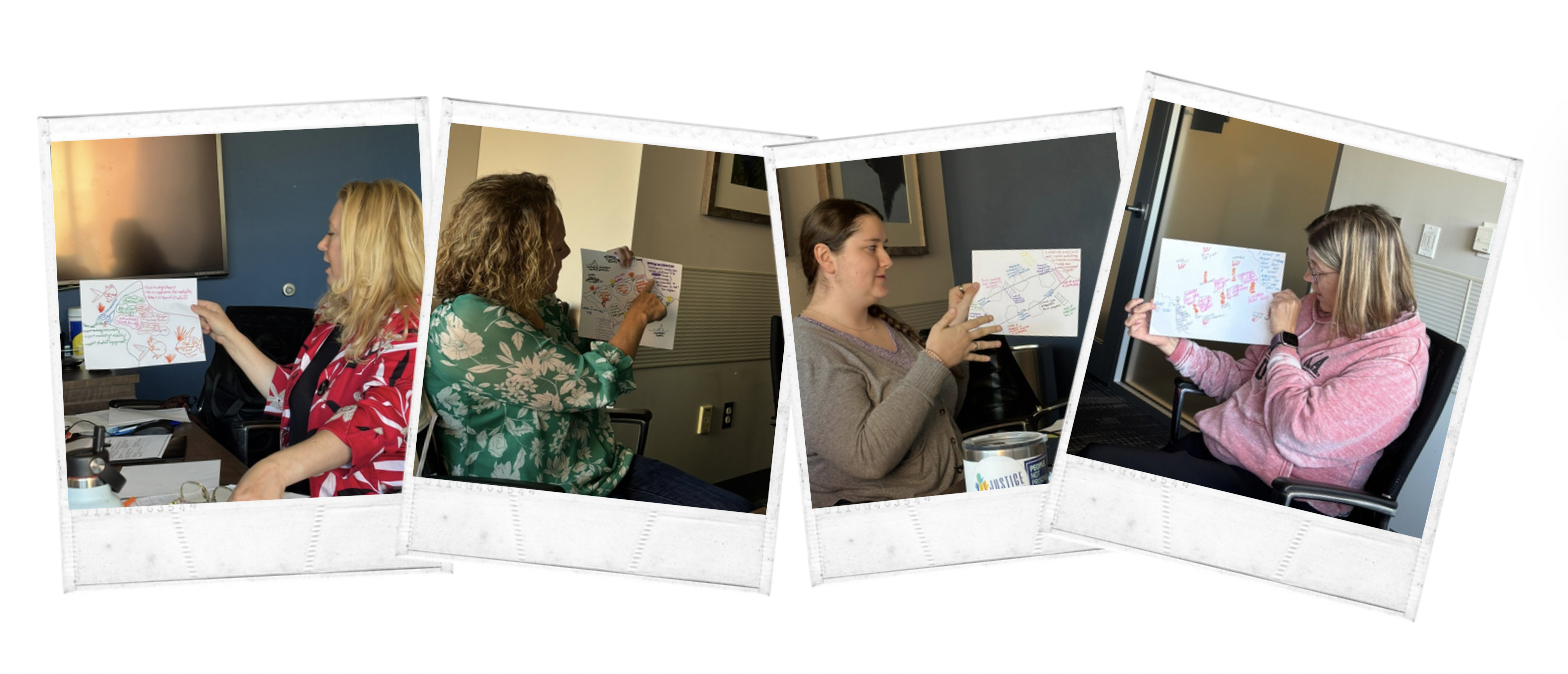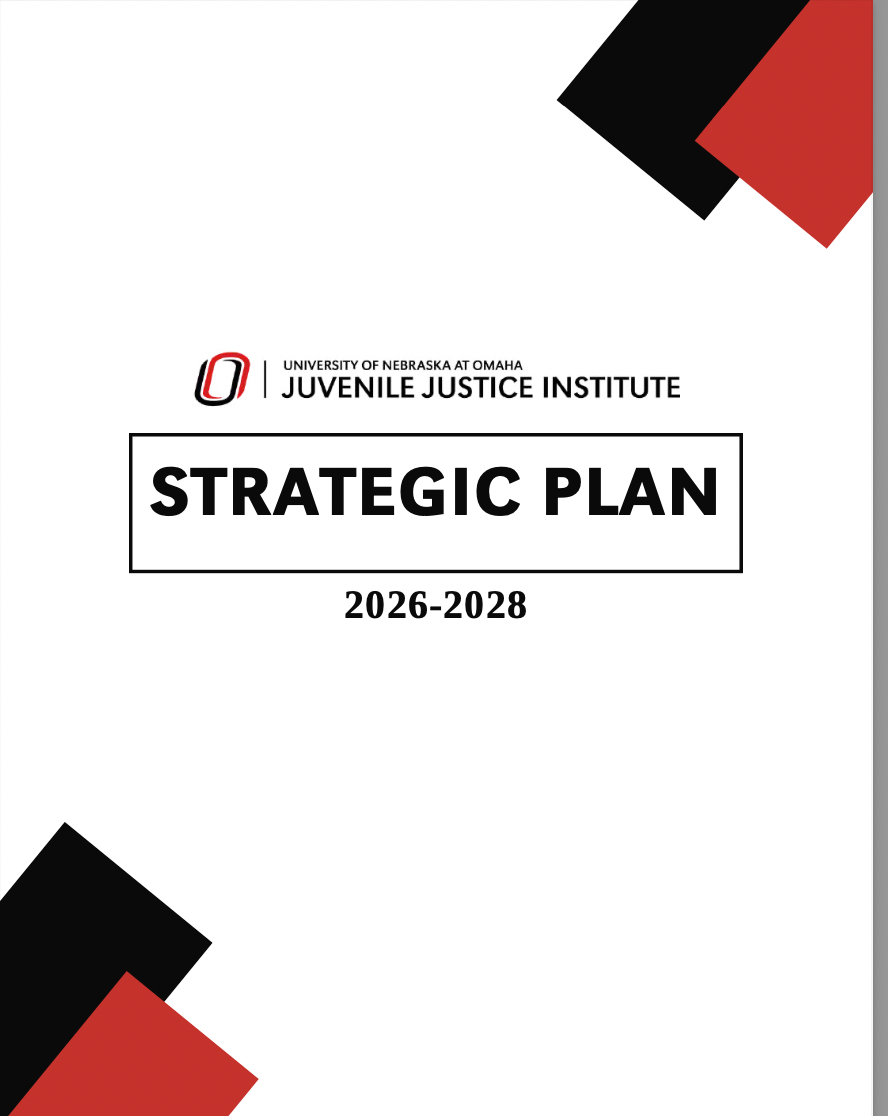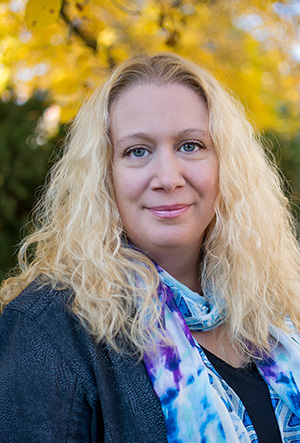The Juvenile Justice Institute (JJI) was created through a vision to make data and research accessible to Nebraska’s juvenile justice system. With support from the Nebraska Legislature and the University of Nebraska School of Criminology and Criminal Justice, JJI has evolved into a state and national leader of juvenile justice applied research, professional development, and policy work.
Mission Statement
Our mission is to advance youth justice by bridging data with policy and practice. Through applied research, evaluation, and capacity building, we strengthen systems and equip professionals to implement effective practices that better serve youth and families in Nebraska and nationwide.
Pillars
Nebraska First
We prioritize Nebraska’s youth justice system – serving rural, urban, and tribal communities statewide – while extending our expertise regionally and nationally to advance the field.
Youth-Focused
Our work is grounded in intentional efforts to support professionals to better meet the needs of and improve outcomes for youth to prevent future or deeper justice system involvement.
Collaboration
We engage stakeholders across systems (e.g., policymakers, youth, families, communities, justice professionals, faculty, and students) to amplify their experiences and expertise in addressing complex issues impacting youth.
Impact-Oriented
Through intentional and rigorous research, evaluation, and hands-on support, we strengthen policies, practices, and systems that empower professionals to help youth thrive.
JJI’s STRATEGIC PLAN 2026-2028

In July 2025, the JJI entered a new chapter of leadership—an ideal moment to reflect, realign, and chart an ambitious path forward. The 2025 strategic planning process focused on strengthening the JJI’s foundation, ensuring alignment with its legislative purpose, and envisioning bold new directions to advance the mission and move the field of youth justice forward.
Learn more about the JJI’s STRATEGIC PLAN 2026-2028:
Who We Serve
JJI focuses our efforts to serve four target constituent groups:
- Practitioners – those currently providing services to youth
- Researchers – both internal and external to the University of Nebraska system
- Policymakers – those with decision making authority at the local, state, and national level
- Emerging professionals – undergraduate and graduate students
Our institute is uniquely situated to serve these groups by creating and enhancing opportunities to connect academia to the “real world.” Professionals collaborating with JJI will find opportunities for professional development, program evaluation, research resources, and support to affect systems change. We believe it is valuable for professionals interacting with JJI students to impact the future workforce and impart their expertise.
Policymakers will find cutting edge research about Nebraska issues as well as national and international juvenile justice research resources. Students partnered with JJI will have opportunities through mentoring systems impacted youth, internships, and research projects. All these efforts aim to inform policy and practice across youth serving systems.
Offices
We have office space in the Barbara Weitz Community Engagement Center in Omaha, as well as in Nebraska Hall at the University of Nebraska - Lincoln. Our proximity to Lincoln helps us maintain close contact with the state offices that we collaborate with.
Our address in Lincoln is:
901 N. 17th Street
Nebraska Hall 310
Lincoln, NE 68588
Our address in Omaha is:
Barbara Weitz Community Engagement Center (CEC) 219C
6400 South, University Drive Road North, Omaha, NE 68182





